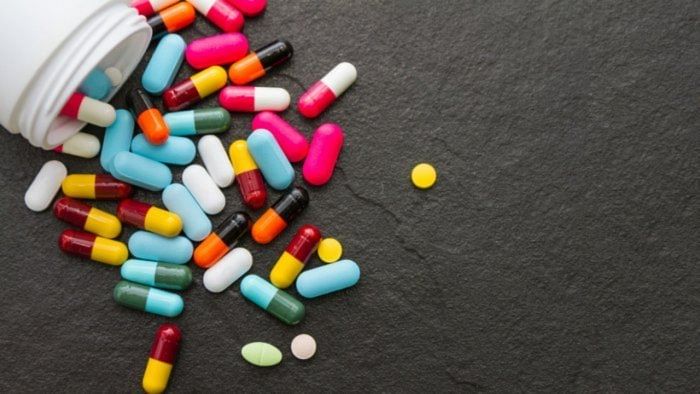
Two recent reports, one from within the country and the other from outside, have again thrown light on the poor standards of drugs and medicines produced in the country. The World Health Organisation has issued a global medical alert about a contaminated cough syrup made by an Indian company based in Punjab.
Another company based in Sonepat in Haryana had received adverse international attention after the use of its syrup was alleged to have led to the death of 70 children in Gambia in Africa.
At least 19 children in Uzbekistan died last year after taking another cough syrup manufactured in India. These syrups were found to contain harmful toxins in tests done in laboratories under credible supervision.
The deaths are not considered to be accidents but were caused by unethical and unprofessional practices. Since they are alleged to have caused deaths and other damage, they are liable to be treated as criminal acts.
It has also been reported that the Central Drugs Standard Control Organisation (CDSCO) has flagged 48 commonly used medicines as sub-standard after they failed drug safety norms issued by the regulator in March. They include anti-diabetic, antibiotic and cardiac drugs, some popular drugs for epilepsy and hypertension, and supplements and vitamins. It is because there is no strong regulatory mechanism that substandard medicines are produced and sold.
It has been noticed that the same medicines produced by the same company in different manufacturing units vary in quality. The government has proposed a centralised registration system to address the problem of quality. The regulatory system has to be restructured and reformed to ensure constant vigil.
Some companies whose medicines were found substandard are reputed firms and have claimed that they have withdrawn the substandard batches or taken steps to ensure quality. Some others have claimed that the substandard medicines are counterfeit products.
The explanations and excuses do not matter to the consumer. It is for the authorities to make sure that the best quality is maintained and the companies that fail are penalised.
India’s drug manufacturing industry has grown big and is very developed. The country is called the pharmacy of the world because it exports drugs and medicines to all countries, including the developed world. But some companies have tainted that reputation with substandard products and malpractices.
It is not just a matter of ethical standards and reputation. The lives and health of people are involved. It is unfortunate that the authorities are sometimes found soft on the malpractices of these companies. There should be constant monitoring and supervision, and accountability should be fixed and punishments meted out whenever there is a lapse.